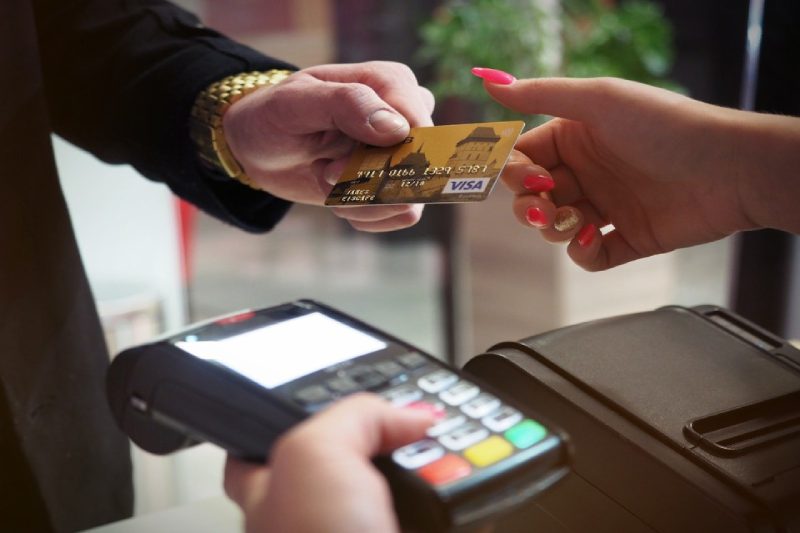Business
How to Protect The Privacy of Your Finances

Because internet banking is becoming more and more common in our increasingly digital age, it is more necessary than ever to protect personal financial data. Cybercrimes are a serious problem. At least 422 million people were affected by cybercrime in 2022, and by the end of 2023, the FBI predicted that approximately 33 billion accounts would have been compromised. Even though the general public only learns about the biggest data breaches, cybercrimes occur on a daily basis.
Customer data must be protected by financial institutions, retailers, and other companies that use personal financial information. The Financial Modernization Act of 1999, sometimes referred to as the Gramm-Leach-Bliley Act, is a federal law that, according to the Federal Trade Commission, protects financial institutions’ ability to maintain the privacy of their clients’ money. Banks, securities firms, insurance companies, and several other product and service providers are all subject to this law. Financial institutions are required by law to obtain and disclose customers’ personal financial information in certain ways.
People must play important roles in their own self-defense. Even with the greatest safeguards in place, your financial privacy cannot be totally protected, but you should make every effort to lessen the likelihood that you will fall victim to identity theft. People can protect their privacy by following these guidelines provided by the Financial Industry Regulatory Authority.
You have the choice not to allow financial institutions that are affiliates or not to share certain of your personal information with them. For instance, you have the option to refuse prescreened credit offers if credit bureaus sell your information to insurance companies or lenders.
Educate people about phishing schemes. Frequently, these are emails requesting personal information that seem to be from reputable companies or financial regulators. These organizations would never send out emails requesting Social Security numbers, account numbers, passwords, or credit card details. By calling the financial institution at the number provided on your account statement or bill, you may confirm that all correspondence with it has been verified.
Watch where you click on the internet. Never download a dubious email attachment or click on a dubious link.
Account security can be increased using strong passwords. Avoid the temptation to use one password for all of your accounts. The hacker could be able to try that password on your other accounts once they get it. For each account, think about utilizing a password manager to generate and remember strong, one-of-a-kind passwords.
When multifactor authentication is offered, make use of it. MFA provides an additional degree of security by unlocking the account with both a password and a special code or biometric.
Utilize a personal device connected to a secure network for all financial transactions. Cache and history should be regularly cleared to prevent digital traces.
Take these actions to safeguard your financial stability.
-

 Business3 weeks ago
Business3 weeks agoPrakash and Kamal Hinduja: Driving Social and Environmental Change
-

 Startup2 days ago
Startup2 days agoSmall Business Month Encourages Entrepreneurs to Take Stock and Scale Up with Actionable Marketing Strategies
-
Education4 weeks ago
Fred DuVal: University Leadership as a Critical Resource for Climate Change Research and Life-Saving Solutions
-

 Cryptocurrency4 weeks ago
Cryptocurrency4 weeks agoDesigned For The Masses: How Akasha (AK1111) Is Unlocking Crypto For The Next Billion Users
-

 Health3 weeks ago
Health3 weeks agoThe Hinduja Brothers Commitment to Global Health: Empowering Communities Across Borders
-

 Cryptocurrency4 weeks ago
Cryptocurrency4 weeks agoNexaglobal & Future World Token (FWT): Could This Be the Next Big Crypto Investment of 2025?
-

 Startup2 weeks ago
Startup2 weeks agoCost-Saving Strategies Every Small Business Owner Should Know to Boost Efficiency
-

 Startup4 weeks ago
Startup4 weeks agoMatthew Denegre on the Art of Deal Sourcing: Finding the Right Investment Opportunities











